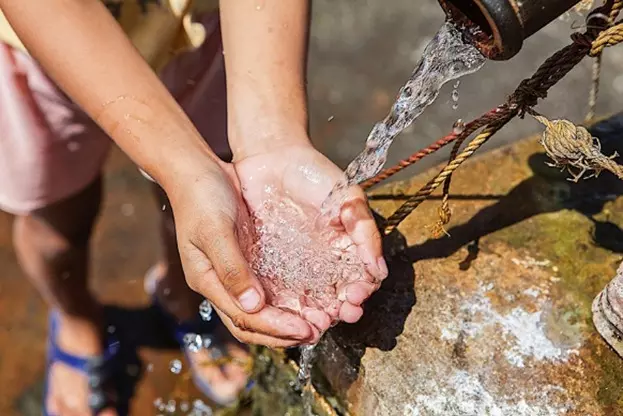More than 2.1 billion people around the world still live without safe drinking water, according to a new report by the United Nations released on Tuesday. The findings highlight that nearly one in every four individuals globally is deprived of safely managed water sources, while over 100 million continue to depend on rivers, ponds, and streams for survival.
The joint report by the World Health Organization (WHO) and UNICEF warns that billions are at risk of waterborne diseases due to poor sanitation, lack of clean water facilities, and inadequate hygiene services. Despite progress in recent years, the outlook for achieving universal access to clean water by 2030 remains uncertain.
“Access to water and sanitation must be recognized as a fundamental human right, not a luxury,” emphasized Rüdiger Krech, Head of Environment at WHO.
The UN classifies drinking water into five categories: safely piped water free from contamination, basic water accessible within a 30-minute walk, limited water requiring longer access times, unimproved sources like polluted wells or springs, and surface water directly taken from rivers and lakes. Since 2015, nearly 961 million people have gained access to safe drinking water, pushing global coverage from 68% to 74%.
However, in 2023, the crisis persists—over 2.1 billion people were still without safe drinking water, including 106 million relying on unsafe surface water. While this is a decline of 61 million from a decade ago, the numbers remain alarming. The report estimates that the number of countries dependent on surface water will rise from 142 in 2015 to 154 in 2024.
At the same time, around 89 nations are on track to achieve universal access to basic water services, but only 31 countries will likely ensure fully safe and contamination-free drinking water. On the other hand, 28 nations, largely in Africa, will continue facing extreme challenges, with more than 25% of their populations lacking even the most basic access.
Since 2015, over 1.2 billion people have gained household access to safe drinking water along with proper waste management. Open defecation has also dropped from 429 million in 2015 to 354 million in 2024, representing just 4% of the global population. Additionally, 1.6 billion people have secured basic sanitation facilities, while household handwashing with soap and water improved from 66% to 80%.
Read More: KP Govt Launches E-Stamping System to Curb Fraud
The UN stresses that while progress is evident, the world must accelerate efforts to ensure safe drinking water for all, as the deadline for the 2030 global goal is fast approaching.









